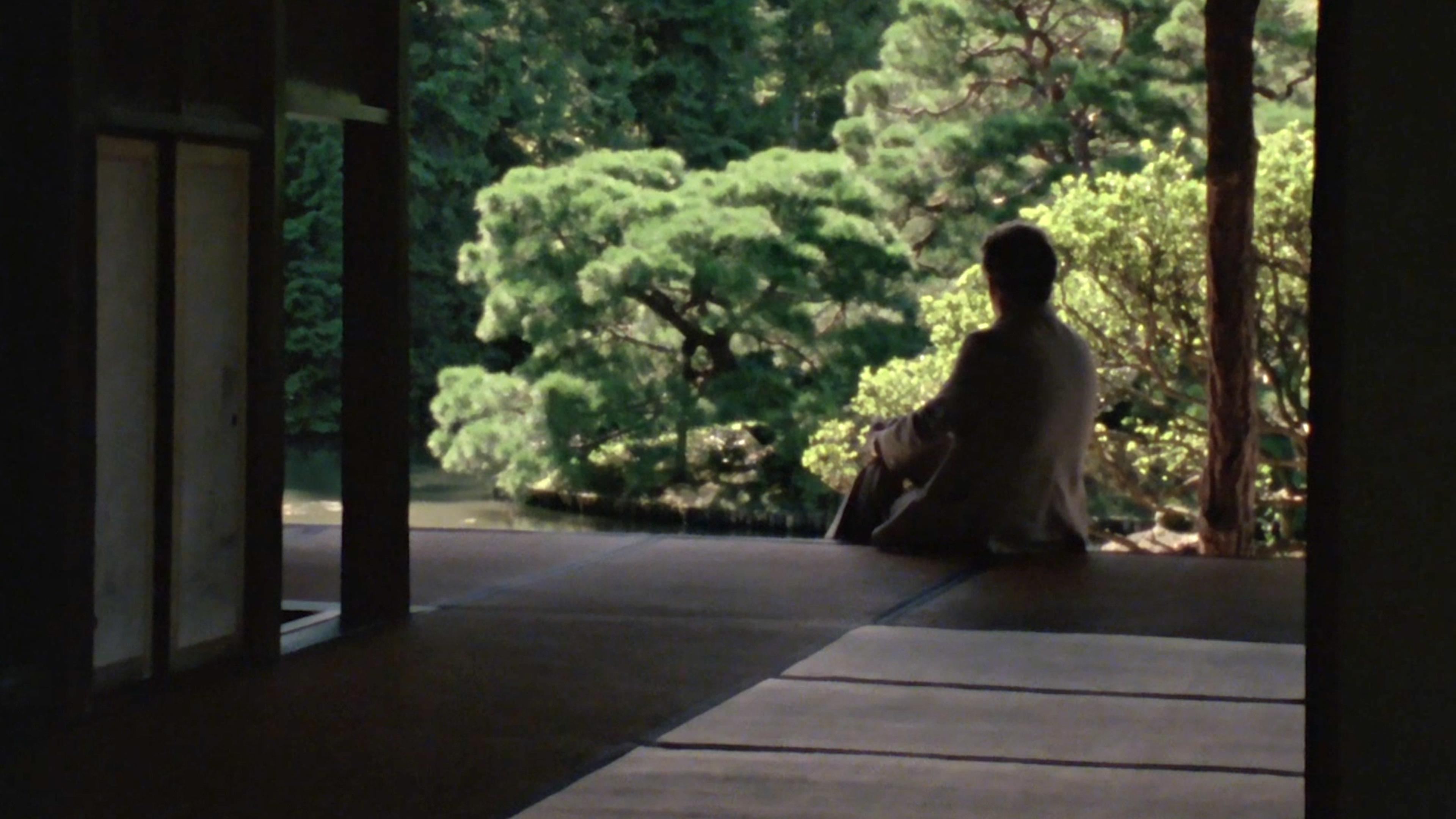Aeon Video has a monthly newsletter!
Get curated editors’ picks, peeks behind the scenes, film recommendations and more.
The unresolved probability paradox that goes to the heart of scientific objectivity
The principle of indifference states that, without any evidence, all potential outcomes should be considered equally probable. For example, if there’s a 10-horse race then, without any additional information, one should assume that each horse has a 1-in-10 chance of winning. It’s an important epistemological principle at the foundation of probability that might seem as safe and sound as it is obvious. But, as this video from Wireless Philosophy (Wi-Phi) lays out, a paradox first described by the French mathematician Joseph Bertrand in 1889 can make starting from a position of true indifference impossible. And, because probability is at the core of almost every scientific field, this paradox has rippled through science for more than a century, leaving in its wake disagreements, workarounds and, so far, no clear solution.
Video by Wireless Philosophy
Writer: Jonathan Weisberg

video
Animals and humans
Why be dragons? How massive, reptilian beasts entered our collective imagination
58 minutes

video
Biology
How the world’s richest reds are derived from an innocuous Mexican insect
5 minutes

video
Physics
The abyss at the edge of human understanding – a voyage into a black hole
4 minutes

video
Thinkers and theories
A rare female scholar of the Roman Empire, Hypatia lived and died as a secular voice
5 minutes

video
Architecture
The celebrated architect who took inspiration from sitting, waiting and contemplating
29 minutes

video
Chemistry
Why do the building blocks of life possess a mysterious symmetry?
12 minutes

video
Cosmology
Tiny, entangled universes that form or fizzle out – a theory of the quantum multiverse
11 minutes

video
Rituals and celebrations
A beginner’s guide to a joyful Persian tradition of spring renewal and rebirth
3 minutes

video
Astronomy
The history of astronomy is a history of conjuring intelligent life where it isn’t
34 minutes